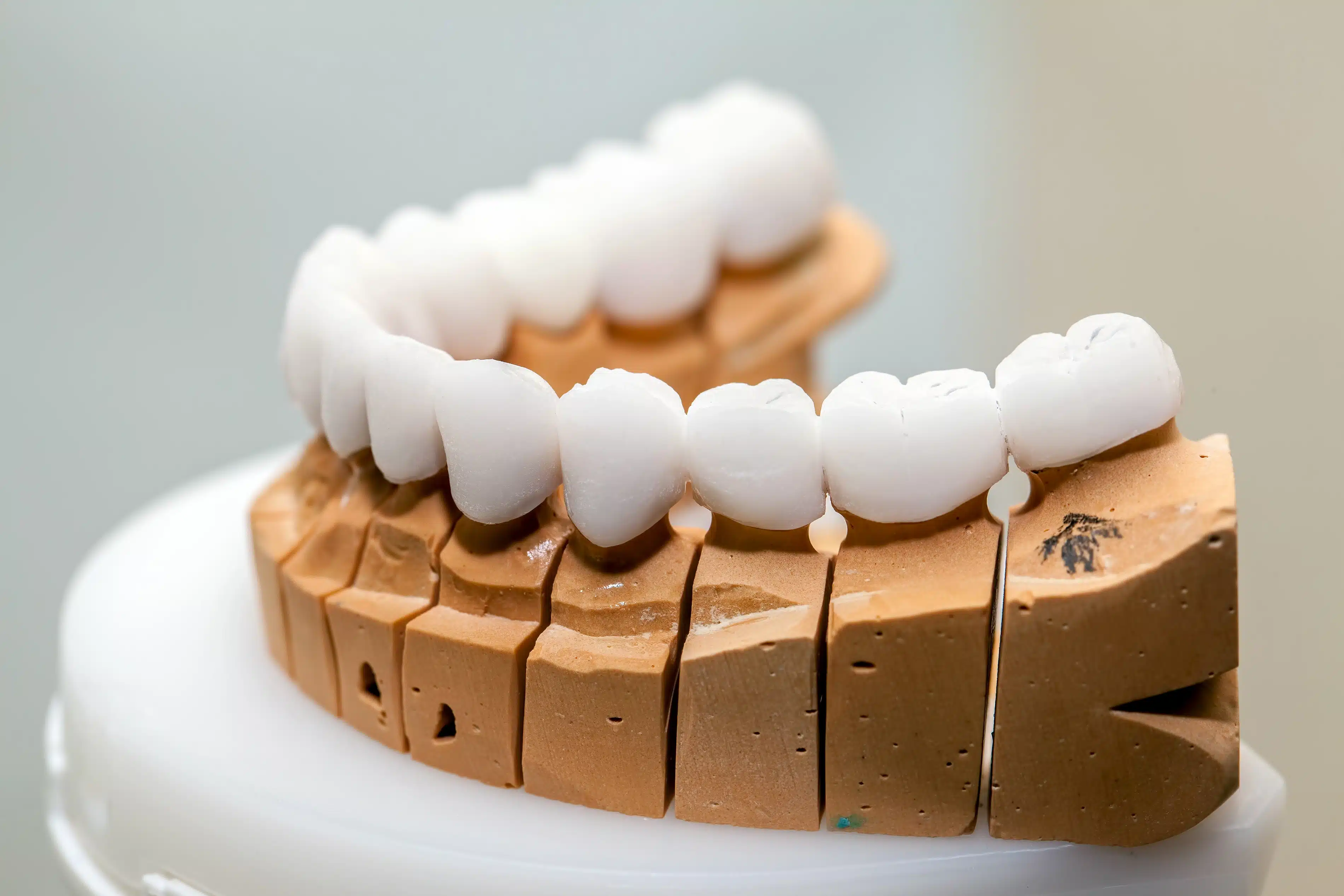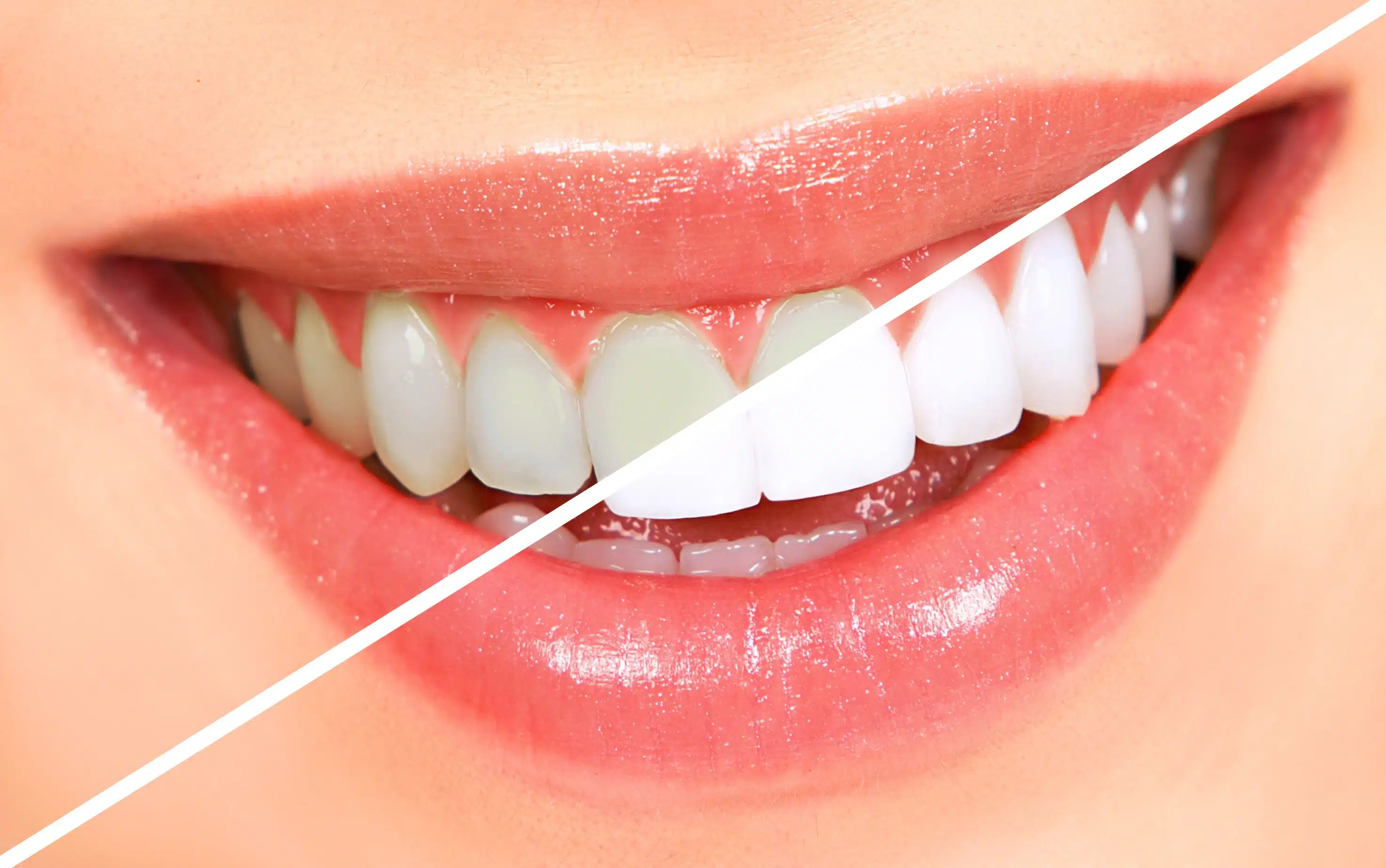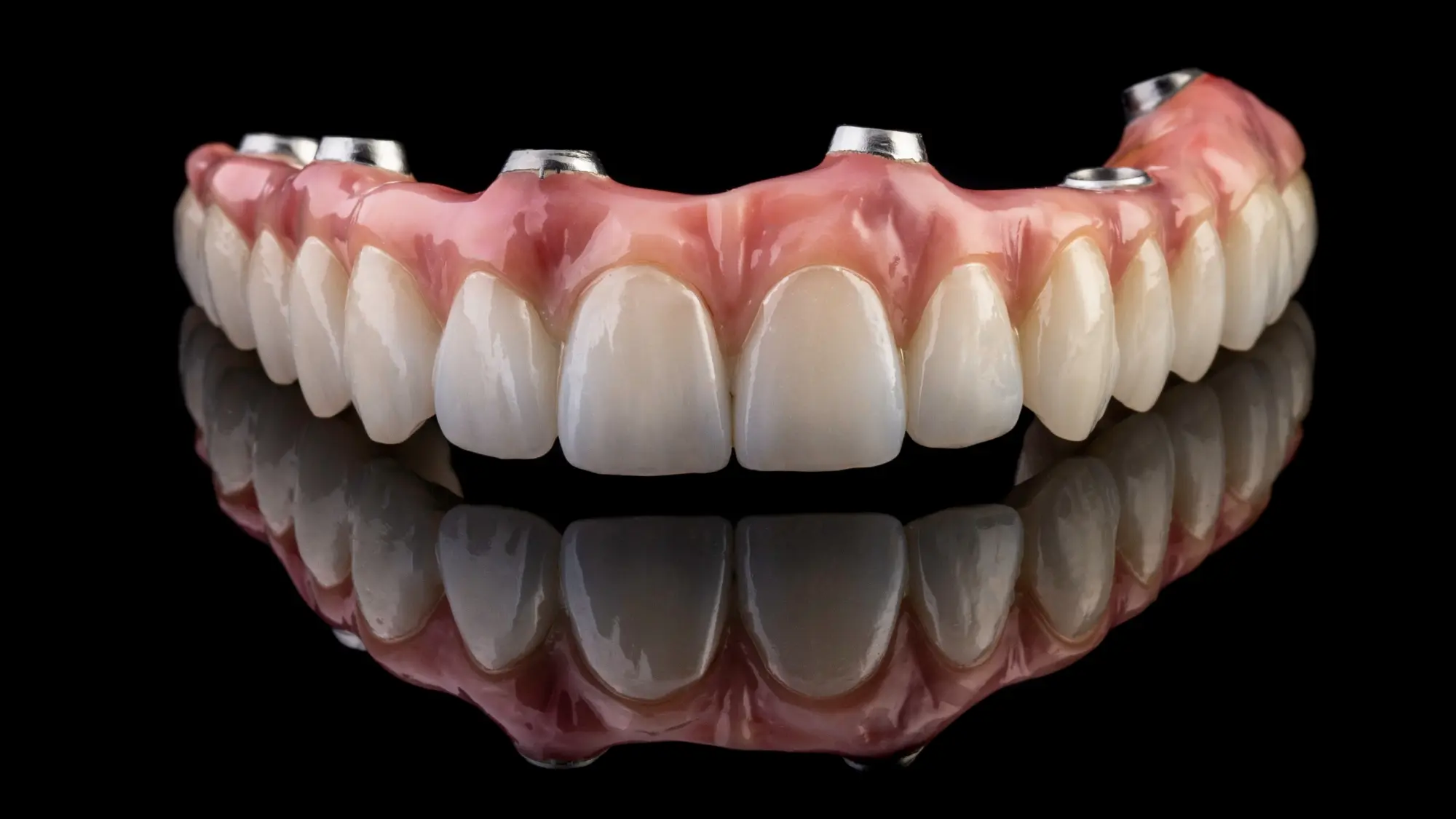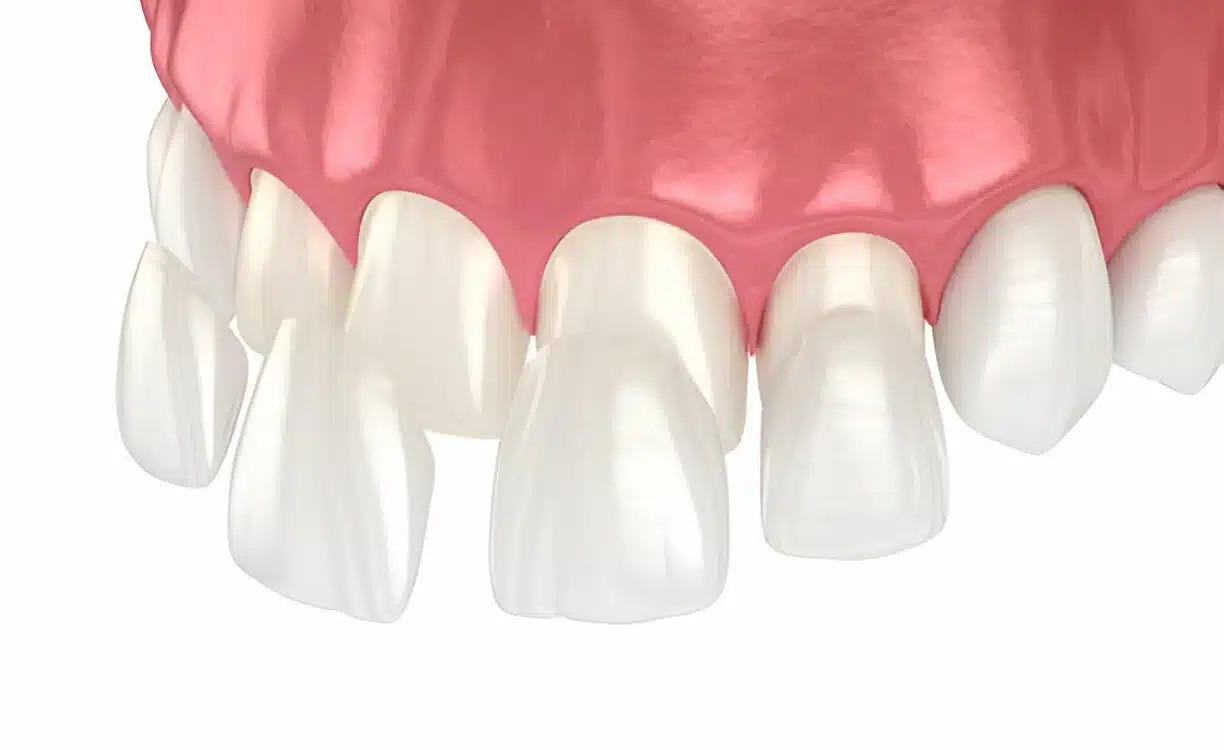Introduction: A Beautiful Smile Within Reach
In a world where first impressions matter, having a radiant smile is more than a luxury—it’s a confidence booster, a personal brand, and a way to feel your best. Thanks to dental veneers, achieving a flawless smile is now more accessible than ever.
But with so many options—composite, porcelain, EMAX, zirconia—and dramatic price differences between the UK and Turkey, it’s easy to feel overwhelmed.
Don’t worry. This 2025 guide simplifies everything. Whether you’re after a quick cosmetic fix or a full smile transformation, we’ll help you find the best veneer option for your needs—and your budgetTypes of Dental Veneers
Let’s break down the four most popular veneer types, each offering unique advantages in terms of appearance, durability, and cost.
Composite Veneers
Material: Resin-based, applied directly to the tooth.
Advantages:
- Quick and affordable
- Usually done in a single visit
- Minimally invasive (no or minimal enamel removal)
Limitations:
- More prone to staining and chipping
- Shorter lifespan: 3–5 years
- Doesn’t offer the high-end aesthetics of ceramics
Best For:
- Budget-conscious patients
- Younger adults wanting a short-term cosmetic solution
- Minor corrections like gaps or discoloration
Porcelain Veneers
Material: High-quality dental ceramic, crafted in a lab.
Advantages:
- Highly stain-resistant
- Natural and lifelike appearance
- Durable: 10+ years lifespan
Limitations:
- Requires minor enamel removal
- More expensive than composite
- Fragile under extreme pressure (not ideal for bruxism)
Best For:
- Front teeth
- Moderate corrections like size, shape, and color inconsistencies
EMAX Veneers
Material: Lithium disilicate ceramic (a premium-grade material)
Advantages:
- Unmatched translucency—closest to natural enamel
- Excellent for high-aesthetic zones
- Strong and chip-resistant
Limitations:
- Slightly less strong than zirconia
- Higher cost than porcelain or composite
Best For:
- Visible front teeth where aesthetics matter most
- Smile makeovers focusing on natural look and feel
Zirconia Veneers
Material: Zirconium dioxide (a high-strength ceramic)
Advantages:
- Exceptionally durable
- Ideal for molars or patients who grind their teeth
- Resistant to chips, cracks, and stains
Limitations:
- Slightly more opaque than EMAX (less translucency)
- Requires more advanced equipment for fabrication
Best For:
- Back teeth
- Full-mouth reconstructions
- Patients prioritizing longevity
Cost Comparison: UK vs Turkey (2025)
One of the main reasons why patients travel abroad for veneers is the cost savings. Here’s a clear breakdown:
| Veneer Type | UK Price (per tooth) | Turkey (Dental Harmony Antalya) |
| Composite | £250 – £400 | £80 – £120 |
| Porcelain | £500 – £700 | £150 – £200 |
| EMAX | £600 – £900 | £180 – £280 |
| Zirconia | £500 – £900 | £150 – £250 |
Savings Insight: Patients save up to 70% by choosing Turkey—even after travel and accommodation costs. Clinics in Antalya also offer all-inclusive packages, including:
- Airport transfers
- Hotel stay
- English-speaking patient coordinators
- Aftercare kits
Factors That Influence Veneer Costs
Costs can vary widely depending on several factors:
- Number of Veneers Needed
- 8 veneers cover the smile zone (upper front teeth)
- 20 veneers typically complete a full smile makeover
- Material Selection
- Composite is cheapest but short-lived
- EMAX and Zirconia offer longer-lasting, natural-looking results
- Technology Used
- Clinics using CAD/CAM (digital design) ensure better fit and faster turnaround
- Dentist Expertise
- Top cosmetic dentists with before/after portfolios may charge more—but deliver longer-lasting results
- Package Inclusions
- In Turkey, many clinics include hotel accommodation, airport transfers, and local support at no extra cost
Recovery and Aftercare
Good news—veneer procedures are minimally invasive, and recovery is a breeze for most patients.
Downtime:
- You can return to sightseeing or work the same day after placement
Post-Treatment Sensitivity:
- Some patients experience mild sensitivity to hot/cold
- Discomfort usually fades within 48–72 hours
Aftercare Tips:
- Use a non-abrasive toothpaste
- Brush and floss daily
- Avoid biting hard objects (ice, pens)
- If you grind your teeth at night, wear a custom nightguard
How Long Do Veneers Last?
| Veneer Type | Average Lifespan |
| Composite | 3–5 years |
| Porcelain | 10+ years |
| EMAX | 10–15 years |
| Zirconia | 15–20 years |
With proper care and regular checkups, veneers can last even longer than expected.
Frequently Asked Questions (FAQ)
1. Which veneers look the most natural?
EMAX veneers offer the best translucency and natural shine—perfect for front teeth.
2. Which veneers last the longest?
Zirconia veneers are the most durable, lasting 15–20 years with good oral hygiene.
3. Can I mix veneer types?
Absolutely! Many patients use:
4. Will veneers damage my natural teeth?
No. Only minimal enamel is reshaped, and veneers often protect teeth from further damage.
5. How many appointments are needed in Turkey?
Usually 2 to 3 visits over 5 to 7 days, including:
- Consultation and planning
- Tooth preparation
- Final placement and smile reveal
Smile More, Pay Less in Antalya
A stunning, natural-looking smile doesn’t have to break the bank. Whether you’re looking for a temporary enhancement with composite or a long-lasting transformation with zirconia or EMAX, Turkey offers the best value in dental veneers today.
At Dental Harmony Turkey, we provide:
- World-class cosmetic dentists
- Advanced 3D smile design technology
- All-inclusive veneer packages
- Patient care in English
- Stunning results—backed by a satisfaction guarantee
Contact us today for a free online consultation and take the first step toward your dream smile.
What Is Sinus Lifting for Implants? Procedure, Benefits, and Recovery Explained
Laser Gummy Smile Treatment in Turkey: Fast, Minimally Invasive & Effective







